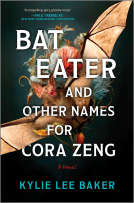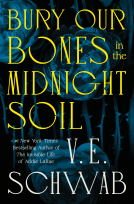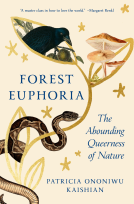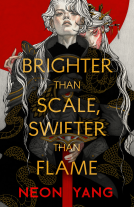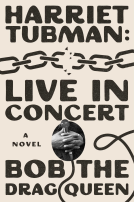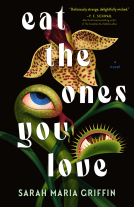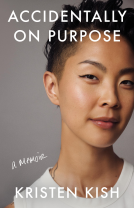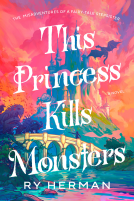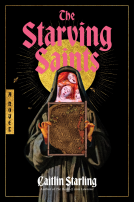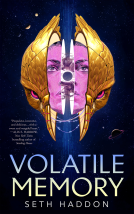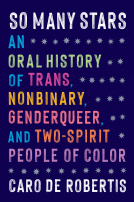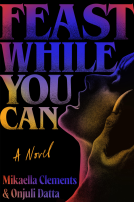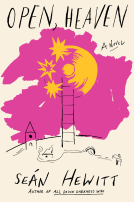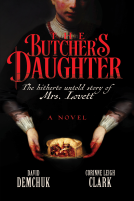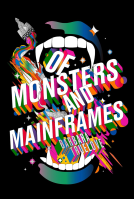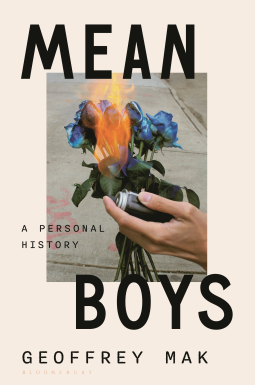
Mean Boys
A Personal History
by Geoffrey Mak
This title was previously available on NetGalley and is now archived.
Send NetGalley books directly to your Kindle or Kindle app
1
To read on a Kindle or Kindle app, please add kindle@netgalley.com as an approved email address to receive files in your Amazon account. Click here for step-by-step instructions.
2
Also find your Kindle email address within your Amazon account, and enter it here.
Pub Date Apr 30 2024 | Archive Date Apr 30 2024
Bloomsbury USA | Bloomsbury Publishing
Talking about this book? Use #MeanBoys #NetGalley. More hashtag tips!
Description
"An intellectually vivid and curious collection that refuses to find simple answers to its complex questions."-NPR Books We Love
"This book is a rare comfort, a companion . . . Makes you say: yes, that is exactly how it is.”-Torrey Peters
A ferocious inquiry into art and desire, style and politics, madness and salvation, and coming of age in our volatile, image-obsessed present.
You know them when you see them: mean boys take up space, wielding cruelty to claim their place in the pecking order. Some mean boys make art or music or fashion; others make memes. Mean boys stomp the runways in Milan and Paris; mean boys marched at Charlottesville. And in the eyes of critic and style expert Geoffrey Mak, mean boys are the emblem of our society: an era ravenous for novelty, always thirsting for the next edgy thing, even at our peril.
In this pyrotechnic memoir-in-essays, Mak ranges widely over our landscape of paranoia, crisis, and frenetic, clickable consumption. He grants readers an inside pass to the spaces where culture was made and unmade over the past decade, from the antiseptic glare of white-walled galleries to the darkest corners of Berlin techno clubs. As the gay son of an evangelical minister, Mak fled to those spaces, hoping to join a global, influential elite. But when calamity struck, it forced Mak to confront the costs of mistaking status for belonging. Fusing personal essay and cultural critique, Mean Boys investigates exile and return, transgression and forgiveness, and the value of faith, empathy, and friendship in a world designed to make us want what is bad for us.
Available Editions
| EDITION | Other Format |
| ISBN | 9781635577945 |
| PRICE | $28.99 (USD) |
| PAGES | 288 |
Available on NetGalley
Featured Reviews
 Kyle C, Reviewer
Kyle C, Reviewer
"Is the personal essay simply a work of solipsism?" Geoffrey Mak asks in the forward to this collection. In an age when social media and the digital world have commodified selfhood, turning our online personas into algorithmic cash-cows, Mak's reflection on the genre of the personal essay is also a critique of contemporary narcissism—instagram vanity, blogpost onanism, Twitter-trolling tirades. For Mak, the personal essay is nothing like these vapid forms of self-expression. It is something more noble and more useful, something in which the self is not curated for public consumption but for self-exposition and social critique. The essay is more than just some clickbait tell-all or think-piece column. Mak programmatically places his collection of essays in the American tradition of first-person writing—James Baldwin and Joan Didion. Geoffrey Mak's collection is a powerful work of cultural criticism, hitting all the touchstones of the 21st century. Interweaving discussions of fashion. literature and politics, these essays make broader insights into race, colorism, coming out, kink and sadism, the Great Financial Crisis, the Obama years, Kanye, the content industrial complex of modern media, neoliberal capitalism and consumerism, "a culture industry based entirely on a mode of psychosis". In this, as he explains in one essay, Mak takes inspiration from queer autotheorists, Wayne Koestenbaum and Trisha Low, combining academic theory with lyrical first-person memoir.
Like Joan Didion, Mak has a gift for turning conventional stories and sentiments upside-down. In "My Father, the Minister", Mak tells the story of his experiences as the closeted son of a conservative Chinese-American Evangelical pastor. As soon as he graduated school, he ran away to New York and severed contact with his father. In some ways, it is an all-too-familiar story of a gay child who has to repress his identity, to flee in order to feel safe, whether excommunicated or self-excommunicating. Mak recapitulates the traditional story of the gay kid who remakes himself in a new city. But things change when, years later, his father comes to him for forgiveness: it is a conflicted moment of redemption. His father has repudiated his homophobic views but he also cannot tell his church that his son is gay because that would compromise his standing in his congregation—and it is precisely this moral weakness that allows Mak to forgive him. Mak can forgive his father paradoxically only because of this cowardice, because his father does not have the courage to stand up for him, and because he can recognize that they both shy away from confrontation. His father isn't forgiven because he has turned 360 and become a PFLAG activist; his father is forgiven because he is released from those very moral obligations. It is not a heartwarming story like "Prayers for Bobby" but perhaps a more relatable one which captures the real logic of forgiveness, an act which more often requires empathy than recompense.
In a similar way, "Mean Boys" turns platitudes inside-out. The essay begins with Anders Behring Breivik, the Norwegian car-bomb terrorist. Breivik is an early example of what would come to be known as an "incel", the stereotypically resentful, misogynistic, involuntary celibate, feverishly posting online hate-speech, falling for far-right extremism as the panacea for all his personal grievances. Reviewing Breivik's online manifesto, Mak starts his analysis with a curious detail: his obsession with Lacoste polo shirts. This brings Mak to reflect on his and his brother's childhood fishing for those same popular brands which signified American privilege, hoping that an Urban Outfitter sweater or Harrington jacket would confer them the status that they craved. It is the genesis of Mak's own early adulthood, a sweeping journey from LA to New York to Berlin to Milan, visiting invite-only techno clubs, mixing with international artists, pursuing a life of international glamor. While it might seem like an absurd juxtaposition, this leads Mak to come back to the mass-murder manifesto, reflecting on Elliot Rodger, the half-white, half-Asian killer who went on a rampage killing women and Asian men. In his manifesto, he recalled a childhood of ostracism and bullying, ridiculed for being half-Asian. Elliott Rodger blamed his virginity on his race. While Mak unambiguously condemns Rodger's violence and targeted killing, he feels a sense of empathy. Doesn't his own search for cosmopolitan aristocracy, to be photogenic, hyper-intellectual, worldly, stem from a similar pain of ostracism? For both of them, there is a deeply internalized shame about their Asian heritage (in the American social hierarchy, to be Chinese is to be "forgettable, replaceable, indistinguishable"). It is a sprawling essay that surprisingly but cogently links incel resentment, internalized racism, misogyny and queer haut-couture.
This is a compelling, rich collection of essays. I strongly recommend it.
Readers who liked this book also liked:
Bob the Drag Queen
General Fiction (Adult), LGBTQIAP+, Multicultural Interest
